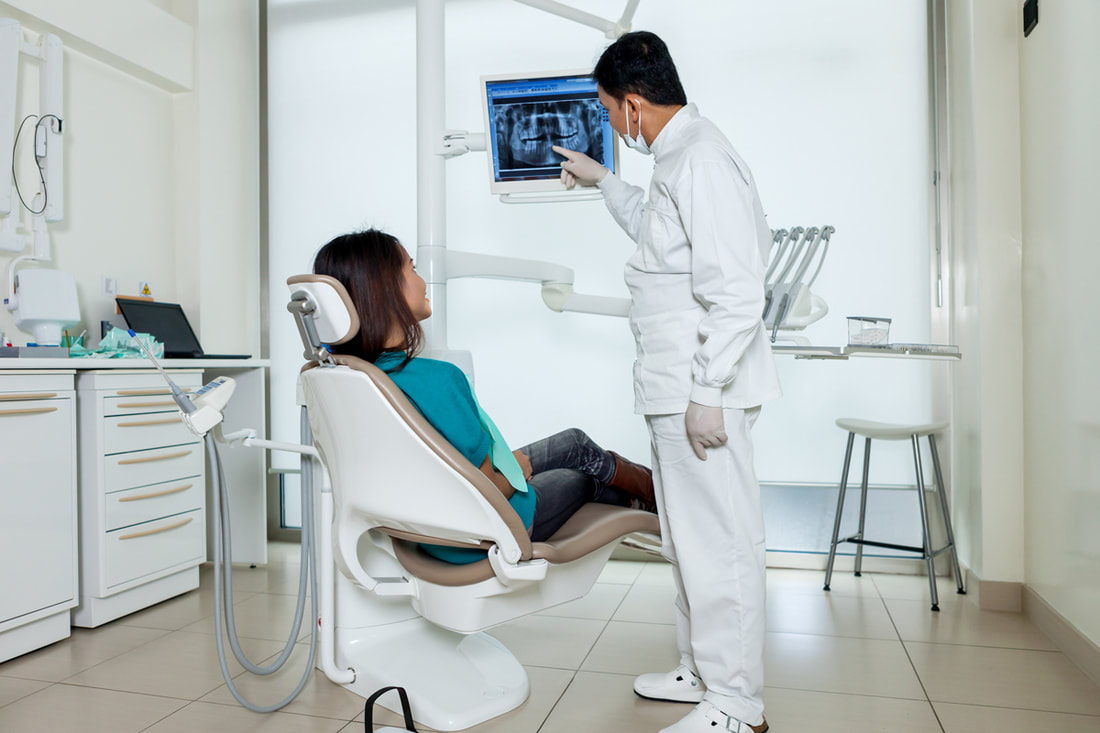The Most Common Types Of Oral Cancer Surgery
If oral cancer is caught early enough, it may not have spread to other parts of the body. This means that a surgical removal of the cancerous tumor or growth may be able to eliminate the cancer.
As oral cancer surgery can sometimes cause facial disfigurement, advanced reconstructive surgeries may also be need to be done in conjunction with it. The exact type of surgery performed will depend on the location, type, severity, and stage of the cancer.
A tumor resection simply cuts out the tumor and any tissues immediately in contact with it to ensure all cancer cells are removed. Often, the surgery can be done straight in through the oral cavity, but if in a hard to read location, an incision may have to be made in the neck or jaw.
With cancer of the lip, a “micrographic” form of surgery may be used. This means the tumor is gradually removed in thin slices, and each removal is examined under a microscope to detect cancerous cells. Once there are no more such cells, that’s where the tissue removal can stop.
In more sever cases, who major tissues or organs may have to be removed because they are simply too badly contaminated with cancer cells. The jawbone or a part of it, all or part of the tongue, the hard palate, the voice box, or the lymph nodes are examples. Facial reconstruction and follow treatments would obviously be needed in such cases.
Other Surgical Procedures That May Be Needed
When a very large cancer tumor is to be removed, skin grafts may be needed to repair the area from which it was taken or the outer skin where an incision had to be made. Amazingly, tissues from distant parts of the body can be reliably transferred to the oral cavity and monitored periodically to ensure the tissue transfer is working.
A tracheostomy may have to be done to remove a tumor through the throat in cases where a tumor is too large. A temporary tracheostomy can also be used to make it easier to breathe post-op if swelling is too intense in the neck.
In cases where oral cancer is making it difficult to chew and swallow food, a gastrostomy feeding tube may be used, either on a short term or long term basis.
Finally, teeth extractions and/or dental implants may be needed if radiation treatment is done in the oral cavity. Otherwise, radiation damage to already unhealthy teeth could cause further complications.
Your local periodontist can give you an oral cancer screening on regular or one-time basis and cooperate with cancer diagnosis centers when tissue samples need to be tested. Most abnormalities in the oral cavity are benign, but if one doesn’t vanish on its own within about 2 weeks’ time, consider going in for a screening. To learn more, contact Dr. Raymond A. Kenzik in Central Florida today.
